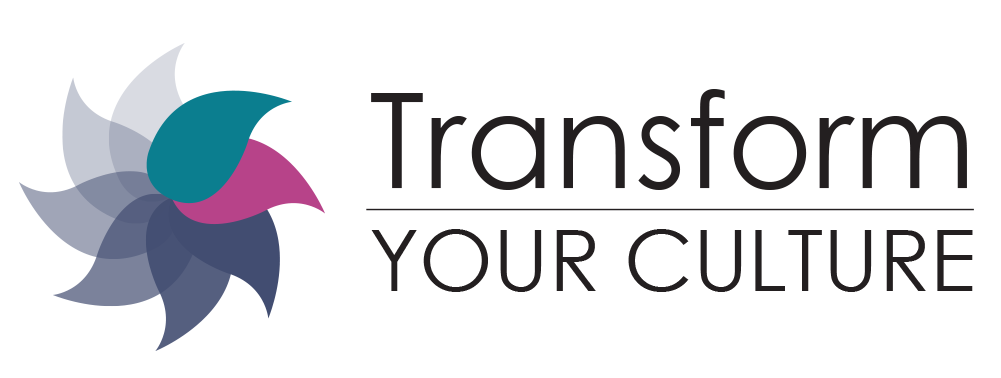The way you treat yourself is a mirror into the way you treat others. When you can see yourself clearly, you will have the ability to choose how you act rather than react in your relationships
Most of us are our own worst critics, and we act as judge and jury – sentencing ourselves to feeling unworthy, guilty, and inadequate. How can we be our best, let alone “happy” if we are having this kind of internal conversation.
When we judge ourselves harshly, we often turn that same mindset outward, seeing only the negative and faults in others, rather than their potential and good heart.
Nobody starts their day saying to themselves, “I want to be a failure,” “I want to disappoint my team,” or “how can I undermine my employee’s self-esteem.” However, we may jump on others’ mistakes with harsh responses if we don’t consider that fact. When a colleague falters, they need our understanding to get back up and try again. Yet, if we ourselves are critical, jealous or discontent – our ability to give constructive feedback and support when something goes wrong for someone else is diminished.

That’s why if you want to be a more compassionate, encouraging and inspiring example to others, you must begin by being aware of how you treat yourself. When you feel good about yourself, you will naturally radiate more kindness and patience to others.
These five exercises are a start to increasing your self-awareness and happiness at work:
Exercise: What I Love
Make a list of what you love doing and what you are good at. Make another list of all your accomplishments and the areas in your life that people admire. Read this list and appreciate yourself!
Exercise: Knowing My Values
A great way to discover your values, if you are not already familiar with them, is to think about people you admire. Bring to mind a person, either historical or a person you know well. Focus on one individual at a time when you do this exercise, so that you can really feel the qualities that they embody which affect you. Make a list of what you admire about that person. (Most often you share the values that they exhibit.)
Exercise: Personal Values Assessment
You can take a Personal Values Assessment developed by the Barrett Values Center, also available with a free consultation with me to interpret your report, if you take it from my website. This short quiz will provide a report and graph of your top values, how these may affect your behavior, and where you may want to focus attention, based on your values.
Exercise: What I Can Let Go
Take some time now to list some skill areas that you are currently claiming as your own that you would prefer not to perform. Consider how focusing on what you do best will free you up to be a more powerful change maker.
Exercise: Release and Act
You may have discovered that part of what “doesn’t work” for you at work is a misalignment of what energizes you and the role you are playing in your workplace. Could you arrange a conversation with your immediate supervisor to explore a project or assignment that will bring more energy into your day? If you are the manager of others, consider opening this exploration of personal vision and value alignment with your team members.
When people are happy at work, they do better work. Join us on May 2-4 at Shambhala Mountain Center in beautiful Colorado to explore awareness, purpose and happiness. Visit here to find out more.


